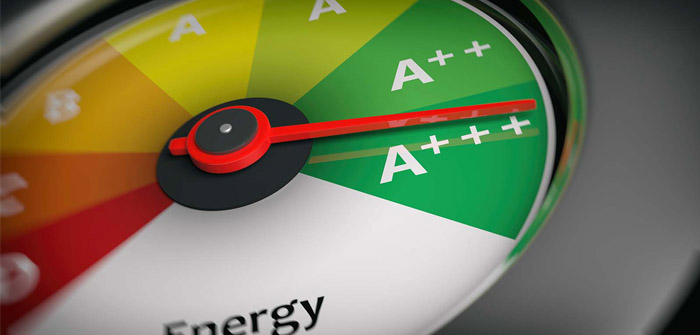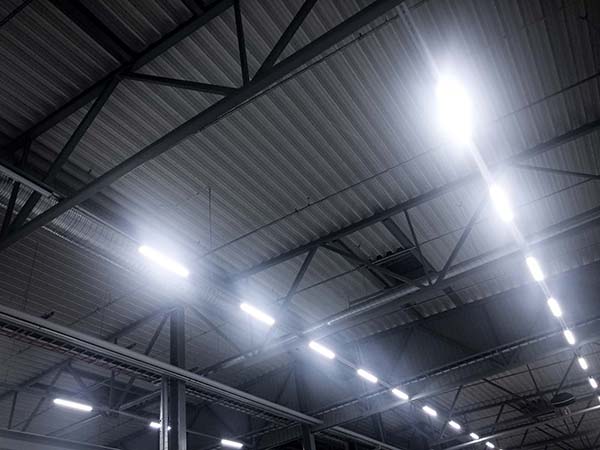The average UK business pays over £3,000 on electricity alone each year. That might not sound like a lot to some companies, but for others it’s money that could just as easily be invested back into the business or distributed out to stakeholders.
Whether you run a factory manufacturing goods or an office with desk-based employees, cutting your power bill could help you to free up cash for other business-critical activities. To help you along the way, here are our top tips on how businesses can save money on their energy bills.
You can, however, save on business energy costs by using a price comparison service like BusinessComparison.com too!
Get a handle on your energy consumption
It’s all very well trying to reduce your energy bill, but to do so effectively you need to have a complete understanding of what you’re spending in the first place. Just as homeowners are now turning to smart meters that help them to measure the cost of powering their properties, businesses too could benefit from gaining a clear understanding of their utilities spend.
For businesses, working out energy usage figures can be more difficult than for residential settings – particularly if you operate over multiple premises. Fortunately, this is recognised by many utility providers, who are often happy to work with their commercial customers by conducting an energy audit. This is an inspection which will help to determine whether your business is energy efficient, how much you’re using and any peak times during which you’re using more electricity than usual.
Armed with this information, you can start to make changes to the way your business works that could ultimately reduce your energy consumption and your bill to boot.
Invest in energy-efficient equipment
Whilst it follows that an outfit that operates heavy production machinery is likely to use more power than a computer-dependant office, both types of businesses could benefit from modernising their equipment.
Energy-efficient machinery or equipment is something that should be amongst the top priorities of business owners looking to start out or just revamp their existing kit. Your equipment is what enables you and your employees to make money for the business and it’s also something that can cut into your bottom line if you don’t get it right.
Look for modern, low-resource equipment wherever possible, and keep an eye out for ENERGYSTAR ratings, as these are the official measure of energy-efficient apparatus that has been evaluated and ranked.
Lights, camera, savings
It’s not just the big hitters that matter when it comes to saving energy and an effective strategy takes account of everyday items as well as those essential business tools. Ensuring that you take an economical approach to lighting across your business premises could be a sure-fire way to start reducing your energy bill.
Just as homeowners are encouraged to switch out old-fashioned lightbulbs for their new energy-saving counterparts, so too could corporate players benefit from a more efficient lighting solution. From strip lighting to desk lamps, switching across to energy-efficient bulbs such as LED or CFL could help you to cut down on your utilities spend whilst doing your bit for the environment at the same time.
The lights are on but nobody’s home
When businesses look to cut costs, it can be helpful to remember that there’s usually no need to reinvent the wheel. Taking simple actions such as turning off the lights at your factory or office could see you reduce your spend to nearly nil outside of working hours.
If there’s no need for you to keep the lights on, why increase your utility bill by bathing your premises in a costly glow. From toilets to boardrooms, factory floors to stock holding areas, turn off the lights when you leave – and make it standard practice for employees to do the same.
Standby for savings
Another great tip touted by homeowners around the country is to make certain that your devices and machinery aren’t wasting electricity when they’re out of use. Much like televisions in standby mode, other office equipment or manufacturing gear can use a slow trickle of power even when they’re not in active use – just by being connected to the mains!
From computers to printers, extra monitors to multi-socket surge protectors, keep those switches off when you’re not using them to prevent electricity being sucked away without good cause.
Involve everyone
Starting to take control of power consumption is an important step for businesses to take, but all that effort could be undone if the same practices are not in action across your workforce. Having somebody turning off the lights and changing the bulbs might help you one month, but if another member of staff is simply going about business as usual then you could be back to square one.
By engaging with your staff and getting them involved with energy conservation across your business, you could see a more effective approach to sustainability take hold. Better still, they might have business-specific ideas that could save you money on your business energy bill whilst empowering them to take initiative.
However you choose to approach reducing your overheads and energy consumption, remember that cutting down is usually a marathon and not a sprint. By making small yet impactful changes to the way you work, your business could be saving money and going green at the same.





